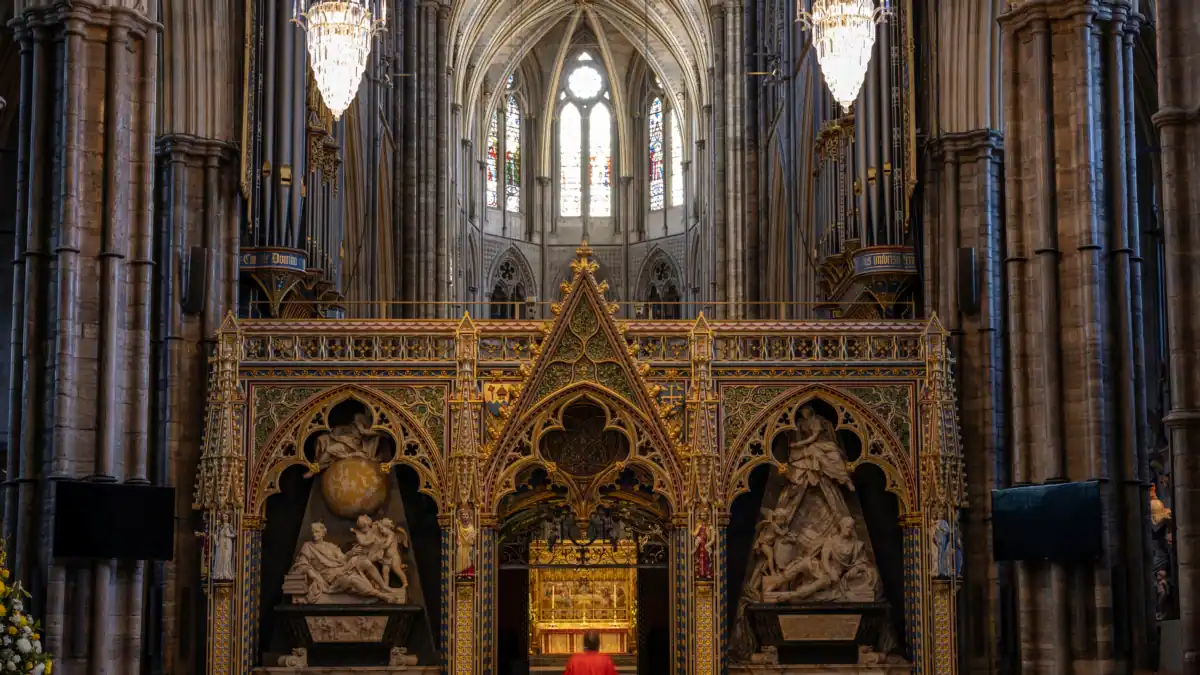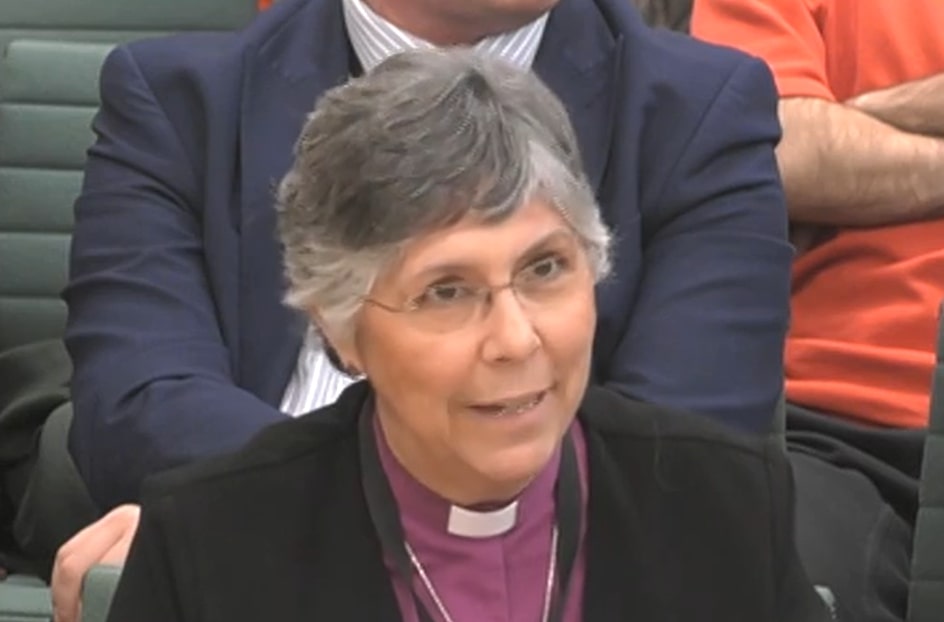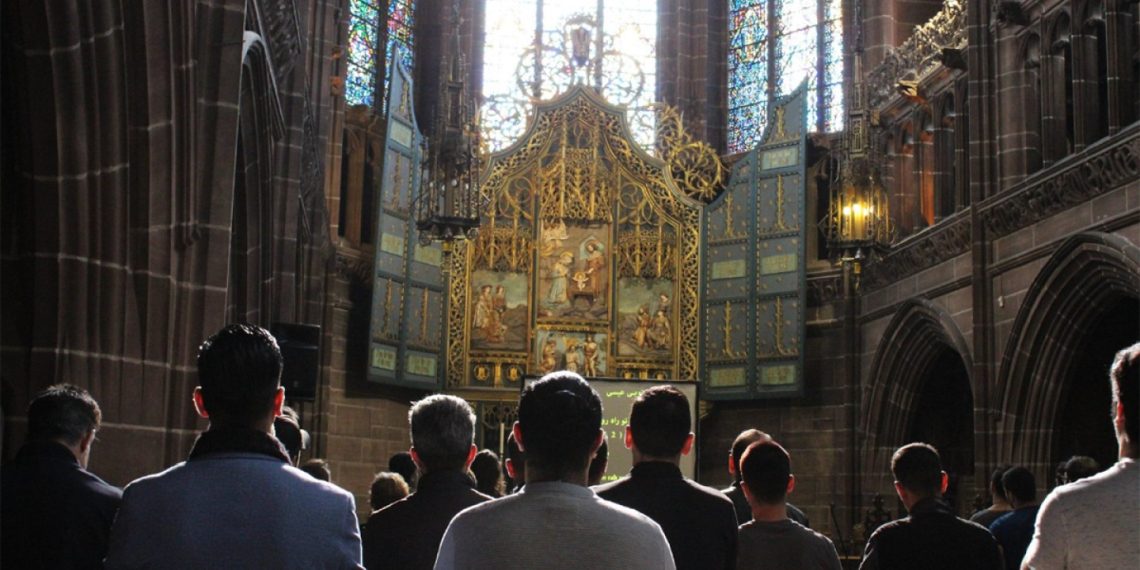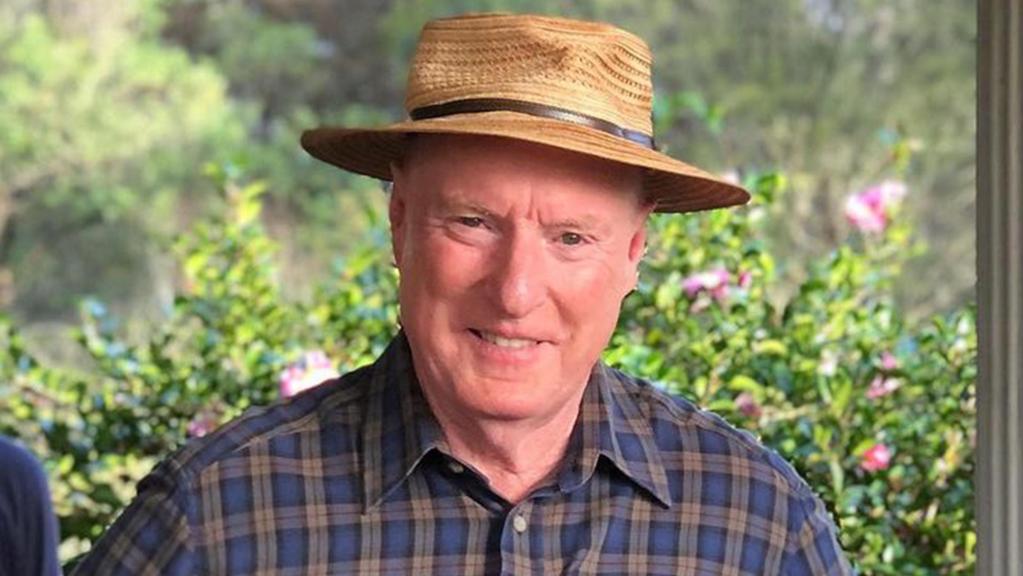The Church of England finds itself in a quandary regarding the baptism of asylum seekers, with no definitive criteria established due to the inherent challenge of discerning individuals’ sincerity. Amidst concerns over fabricated conversions to Christianity for asylum claims, the church initiated a review of its clergy guidance.
Rev. Guli Francis-Dehqani addressed a parliamentary committee, acknowledging the complexity of assessing matters of the heart and expressing skepticism about the feasibility of establishing concrete criteria. She hinted at potential adjustments to language but maintained the impossibility of devising foolproof standards.

The controversy escalated following reports of an Afghan asylum seeker, initially denied asylum in the UK, whose status was reversed after converting to Christianity. The Home Office’s attempts to gauge individuals’ biblical knowledge were cited, highlighting the tension between spiritual authenticity and legal scrutiny.
The current guidance urges clergy to exercise discernment while ministering to asylum seekers, emphasizing wisdom alongside compassion.
Migration minister Tom Pursglove emphasized the absence of concrete evidence implicating churches in facilitating fraudulent asylum claims. However, he criticized certain aspects of the church’s guidance as overly politicized.

Pursglove cautioned against inadvertently supporting criminal gangs by enabling unsafe migration routes, underscoring the need for a balanced approach.
The church’s predicament underscores the delicate balance between compassion and prudence in navigating asylum claims.
While recognizing the importance of authenticity, the inherent subjectivity of assessing individuals’ beliefs poses a formidable challenge. As discussions continue, the Church of England grapples with reconciling its spiritual mission with the practical complexities of asylum adjudication.





